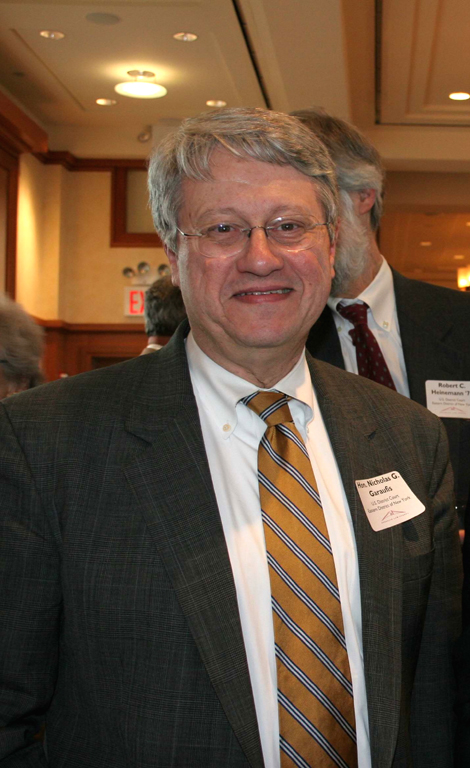Court of Appeals reverses Brooklyn judge’s ruling in FDNY discrimination case

A federal appeals court partially overruled a Brooklyn lower court’s decision in a case involving discriminatory hiring practices within the New York City Fire Department.
The lawsuit, U.S.A. et al vs. The City of New York, et al., was first brought in 2007 by the United States Justice Department challenging two written FDNY exams from 1999 and 2002. The original allegation was that the exams resulted in a disparate impact on the amount of blacks and Hispanics applying to the FDNY. This charge was expanded to include a claim that FDNY hiring practices intentionally discriminated against blacks and Hispanics.
In 2011, Brooklyn Federal Judge Nicholas Garaufis found racial discrimination in the FDNY’s written entrance exam as well as other FDNY hiring practices. To ensure that the FDNY “not discriminate on the basis of race against black or Hispanic firefighter candidates in the development or implementation of any process for the selection of entry-level firefighters,” Garaufis ordered a court monitor to oversee and ensure that the city and the FDNY takes “all steps necessary to eliminate the vestiges of its pattern and practice of discrimination against black firefighter candidates, to remove all barriers to the elimination of these vestiges of discrimination, and to end all policies and practices that have the effect of perpetuating the effects of the City’s discrimination against black firefighter candidates.”
